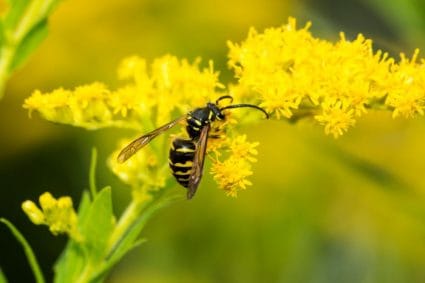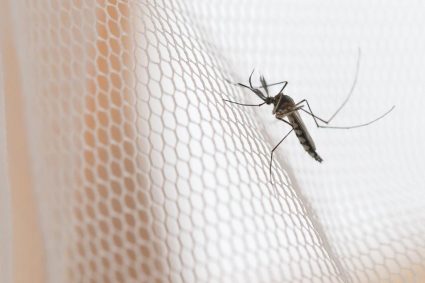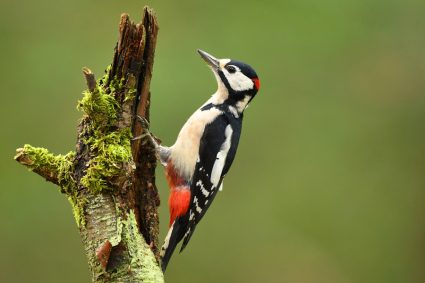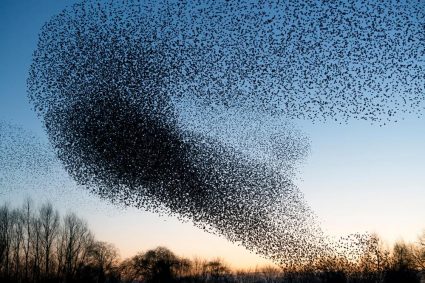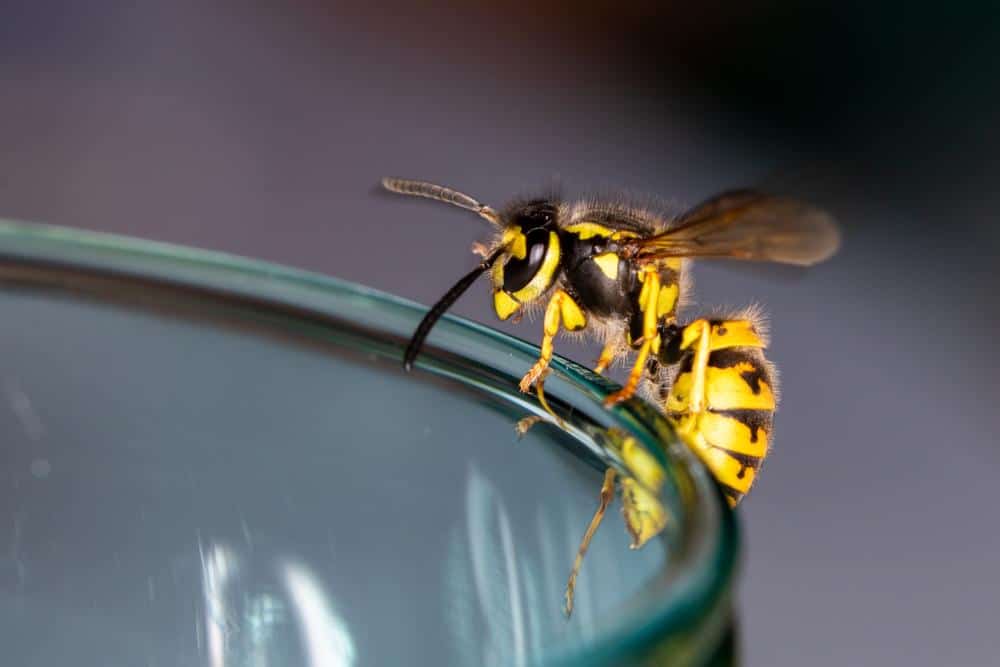
Yellow jackets, predatory social wasps found predominantly in North America, are often mistaken for bees due to their similar size, shape, and coloration. However, they are far more aggressive than bees and can sting multiple times, which can pose a significant threat to humans. So, it’s no surprise that people look for effective ways to deal with these pests. One method that often comes up is the use of soap and water. But does soap really kill yellow jackets? Let’s dive in and find out.
Yes, soap can kill yellow jackets. A mixture of dish soap and water can be sprayed directly on the yellow jackets or their nest to eliminate them. The soap helps the water penetrate the insect’s exoskeleton, causing them to drown. However, precautions should be taken when using this method, and it may not be as effective on large nests or significant infestations.
What are Yellow Jackets?
Yellow jackets belong to the genera Vespula and Dolichovespula. They are characterized by their distinctive black and yellow color pattern banded across their abdomens. Unlike bees, all female yellow jackets are capable of stinging, and they can sting multiple times. They build large nests to house their colonies, which can be found in the ground, in cavernous areas like eaves and attics, or in trees and shrubs.
Yellow jackets are carnivorous insects that primarily feed on other insects like flies and bees, as well as fruits, carrion, and the nectar of flowers. Despite their aggressive nature, they are important predators of pest insects and can be beneficial to agriculture.
Using Soap to Kill Yellow Jackets
Yes, soap can indeed kill yellow jackets. A mixture of dish soap and water is an effective and environmentally friendly way to eliminate these stinging pests. The soap works by helping the water penetrate the insect’s exoskeleton, which then drowns the yellow jacket.
To create a soapy water solution, mix 2 tablespoons of dish soap in a spray bottle or hose-end sprayer and fill it with water. Spray the solution directly on the yellow jackets or their nest. It is important to take precautions when approaching a nest, such as wearing protective gear and working after dusk when the insects are less active. Using a hose-end sprayer can also help maintain a safe distance while spraying the nest.
Precautions When Using Soap to Kill Yellow Jackets
While soap and water are effective in killing yellow jackets, there are several precautions you should take to ensure your safety.
First, wear protective clothing, including long sleeves, pants, gloves, and a hat. A beekeeper’s veil or other face protection can also be beneficial to prevent stings on your face and neck.
Second, approach the nest at night. Yellow jackets are less active during the night, making it a safer time to treat their nest.
Third, avoid making sudden or aggressive movements, as this may provoke them to attack.
Lastly, after treating the nest, monitor the area for any remaining yellow jackets or signs of a new nest. Reapply the soap mixture if necessary.
Risks and Downsides of Using Soap
There are potential risks and downsides to using soap to kill yellow jackets. For one, soapy water may not be as effective on large nests or when dealing with a significant infestation. In such cases, professional extermination services or other control methods might be more effective.
Second, yellow jackets can be aggressive, and attempting to kill them with soapy water may provoke them to sting.
Third, while soapy water is generally considered a safer alternative to chemical insecticides, it can still have negative effects on the environment, particularly if it enters water sources or affects other organisms.
Lastly, soapy water can also kill other insects, such as bees and other pollinators, which are essential for the ecosystem. It is crucial to target only the yellow jackets and avoid harming other beneficial insects.
Conclusion
In conclusion, while soap can kill yellow jackets, it’s important to consider the potential risks and downsides. Always take precautions to protect yourself from stings and minimize the impact on the environment and other beneficial insects. If you are dealing with a large infestation or are unsure about using soapy water, consider consulting a professional exterminator for advice and assistance.
Frequently Asked Questions
What kind of soap should I use to kill yellow jackets?
Any kind of dish soap can be used to kill yellow jackets. The specific brand or type doesn’t matter as long as it’s a soap meant for washing dishes.
Can I use the soap and water method to kill other types of wasps or bees?
Yes, the soap and water method can be used to kill other types of wasps and bees as it works by penetrating their exoskeleton and causing them to drown. However, it’s important to remember that not all wasps and bees are aggressive or harmful, and many play crucial roles in our ecosystem by pollinating plants.
How long does it take for the soap and water solution to kill the yellow jackets?
The soap and water solution can kill yellow jackets fairly quickly, often within minutes of contact. However, the exact time may vary depending on the size of the yellow jacket and the concentration of the soap solution.
Can I use the soap and water method indoors?
Yes, the soap and water method can be used indoors, but it’s important to be cautious to avoid damaging indoor surfaces or materials. Also, using this method indoors may provoke the yellow jackets to sting, so it’s crucial to wear protective clothing and take other precautions to avoid getting stung.
What other methods can I use to kill yellow jackets?
Besides soap and water, there are other methods to kill yellow jackets, such as commercial insecticides, traps, and professional pest control services. However, these methods may have their own risks and downsides, so it’s important to research and consider all options before deciding on a method.



